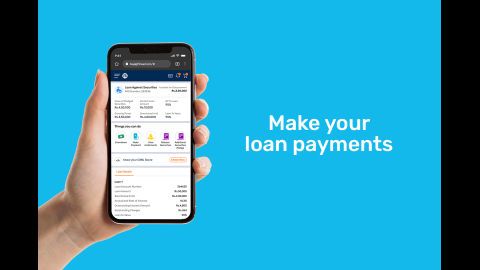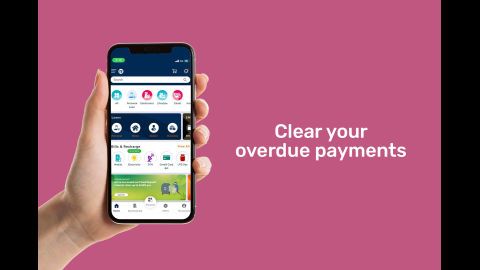ECS/ NACH return charges
ECS stands for Electronic Clearing Service. An ECS mandate is a process through which individuals or entities authorise their bank to allow electronic transactions regularly. It’s commonly used for the automated payment of bills, loans, insurance premiums, and other recurring expenses.
NACH stands for the National Automated Clearing House, and it was established by the National Payments Corporation of India (NPCI). NACH enables the easy transfer of funds between banks electronically.
When you provide an ECS mandate to a service provider or lender, you permit them to electronically debit funds from your bank account on specific due dates. This authorisation is usually given through a signed agreement or form, where you provide your bank account details and the required permissions.
If your transaction fails due to lack of funds or any other reason, the respective financial institution levies a charge as a penalty. Such amounts are disclosed by the relevant financial institution to their customers and may vary from one financial institution to another. Bajaj Finance Limited is a trusted and transparent financial institution. We recommend that all our customers maintain sufficient funds in their accounts at least a day before the EMI payment date. This will help you avoid any ECS/ NACH return charges by their financial institution.
Customers who use NACH mandate may face a few issues, which can include
Incorrect or delayed transactions: Technical glitches or errors in the NACH system can cause incorrect or delayed transactions. This leads to inconvenience for customers who depend on timely payments or transfers.
Rejection of mandates: The NACH mandate process involves customers providing authorisation for regular debit transactions from their bank accounts. There can be instances where the customer's bank rejects the mandate for several reasons, such as insufficient funds or discrepancies in the provided information.
Payment failures: NACH mandate relies on automated electronic transfers, and sometimes technical glitches and network issues can lead to payment failures. This might result in missed payments, late fees, or disruptions in service.
Disputes and resolution: In cases like an error or an unauthorised transaction on your NACH mandate, resolving the issue can be complicated and take a while. This can lead to delays in getting your refund.
Frequently asked questions
The penalty charges for ECS/ NACH returns depend on the respective banks. The costs may also vary from bank to bank.
Unfortunately, the ECS return charges aren’t refundable.
To avoid ECS return charges, you must ensure enough balance in your EMI repayment bank account by the EMI due date.
The mandate can’t be cancelled for your active loans. However, you can cancel mandates for your closed loans for which no charges are applicable.
Yes, an ECS (Electronic Clearing Service) mandate can be stopped by submitting a written request to the bank where the mandate is registered. You may also contact the service provider or lender to stop the mandate. It’s essential to provide the required notice period, as the process may take a few days to complete.
ECS (Electronic Clearing Service) is an older system for electronic transactions, primarily used for bulk payments like salaries or utility bills. NACH (National Automated Clearing House) is a more advanced, centralised system that allows faster, more secure, and standardised bulk payments. NACH also has a broader coverage and enhanced tracking capabilities compared to ECS.








